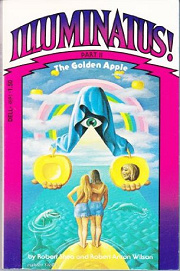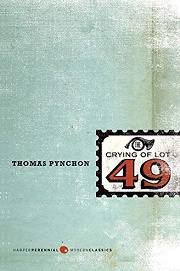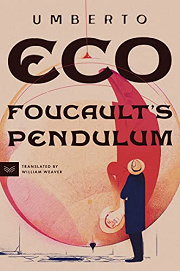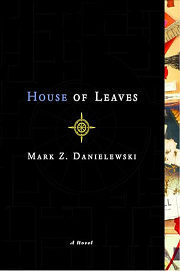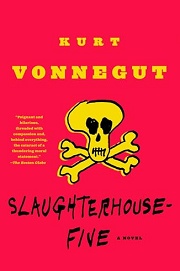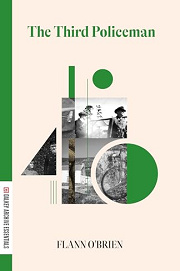Share your thoughts in a quick Shelf Talk!
The Golden Apple by Robert Shea, Robert Anton Wilson
Assassinations, secret societies, and satirical conspiracies spiral into a kaleidoscope of counterculture pranks and paranoia. Reality bends, symbols clash, and nothing is quite what it seems. An irreverent mind-bender, The Golden Apple crackles with subversive wit and wild invention.
Have you read this book? Share what you liked (or didn’t), and we’ll use your answers to recommend your next favorite read!
Love The Golden Apple but not sure what to read next?
These picks are popular with readers who enjoyed this book. Complete a quick Shelf Talk to get recommendations made just for you! Warning: possible spoilers for The Golden Apple below.
In The Golden Apple, did you enjoy ...
... the satirical unraveling of a possibly nonexistent conspiracy woven from pop culture, secret symbols, and prankster subcultures?
The Crying of Lot 49 by Thomas Pynchon
If the Discordian pranks, in-jokes, and tangled plots around Hagbard Celine and the Illuminati made you grin, you’ll love how Oedipa Maas chases the muted horn of the Trystero through mailboxes, stamps, and a shadowy network called W.A.S.T.E. In The Crying of Lot 49, every clue—Yoyodyne, Jacobean revenge plays, that damn horn—feels like a punchline and a revelation at once, capturing the same wink-and-nudge conspiracy satire you enjoyed in The Golden Apple.
... labyrinthine secret-society plotting that blurs joke and reality until the hoax turns dangerous?
Foucault's Pendulum by Umberto Eco
Loved the way Shea and Wilson escalate playful Discordian myth-making into deadly stakes with the Illuminati? Eco’s novel follows Casaubon, Belbo, and Diotallevi as they assemble “The Plan,” a meta-conspiracy that riffs on Templars, Rosicrucians, and occult lore—only to watch the game be taken seriously by true believers. Like Hagbard’s maneuvers and the interlaced cabals in The Golden Apple, each revelation here deepens both the intrigue and the satire.
... playful, head-spinning use of footnotes, documents, and typographic tricks to build a sinister mystery?
House of Leaves by Mark Z. Danielewski
If you delighted in the memos, clippings, and pseudo-scholarship peppered through The Golden Apple, House of Leaves pushes that collage further. Johnny Truant’s footnotes spiral while the academic study of the Navidson Record fractures into multiple voices, missing pages, and visual mazes. The way Hagbard’s files and scattered texts warp your sense of truth finds an eerie mirror in this book’s experimental architecture.
... a fragmented, time-skipping narrative that mixes gallows humor with mind-bending ideas?
Slaughterhouse-Five by Kurt Vonnegut
The jump-cuts and braided threads around the submarine, Atlantis riffs, and shifting POVs in The Golden Apple parallel Billy Pilgrim’s unstuck-in-time journey. Vonnegut blends Tralfamadorian sci‑fi, the Dresden firebombing, and deadpan wit so that each temporal swerve lands like one of Shea and Wilson’s sudden revelations—funny, bleak, and oddly profound all at once.
... surreal, absurdist logic and faux‑scholarly digressions that turn reality into a prankish puzzle?
The Third Policeman by Flann O'Brien
If the Erisian weirdness, talking of Atlantis and occult physics, and mock-academic asides (those knowingly straight‑faced footnotes) charmed you, O’Brien’s tale of a nameless narrator, the eerie police barracks, and the bicycle–atom theory will scratch the same itch. The de Selby annotations mirror The Golden Apple’s playful scholarship, while the dreamlike twists feel like stumbling into another of Hagbard’s reality-bending gags.
Unlock your personalized book recommendations! Just take a quick Shelf Talk for The Golden Apple by Robert Shea, Robert Anton Wilson. It’s only a few questions and takes less than a minute.
